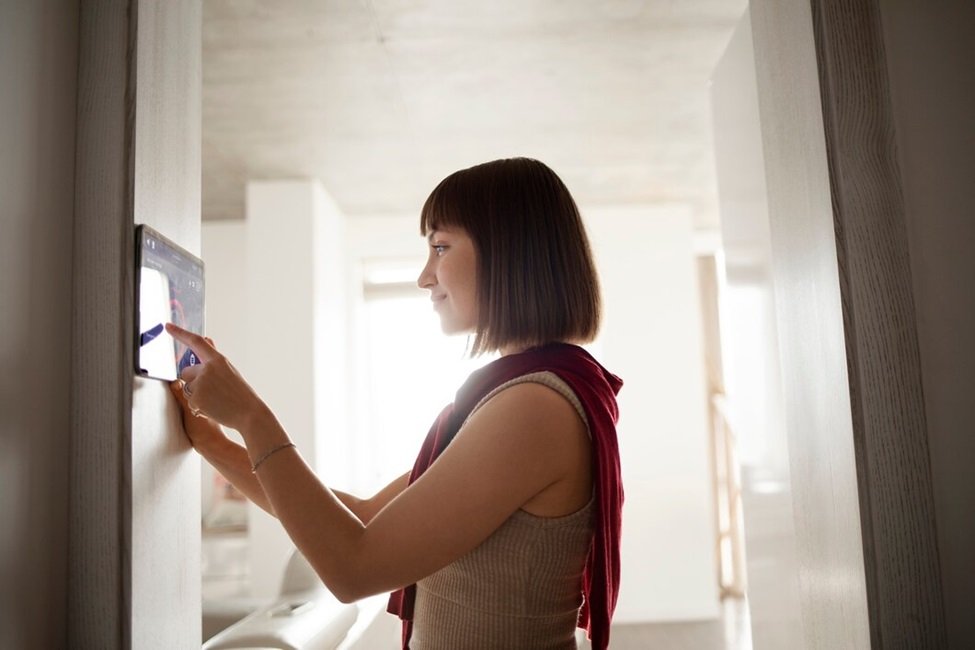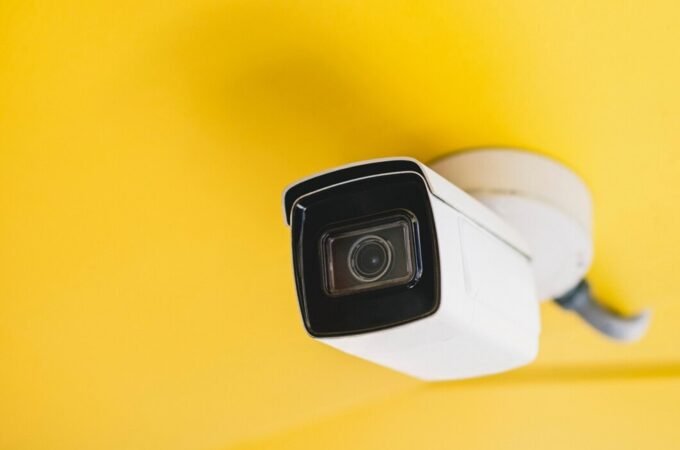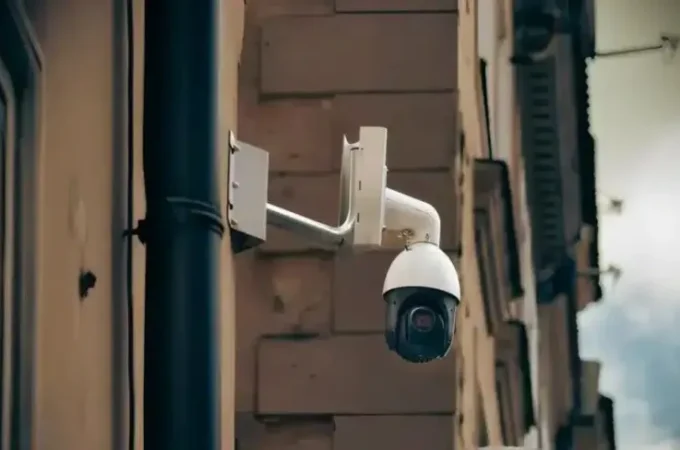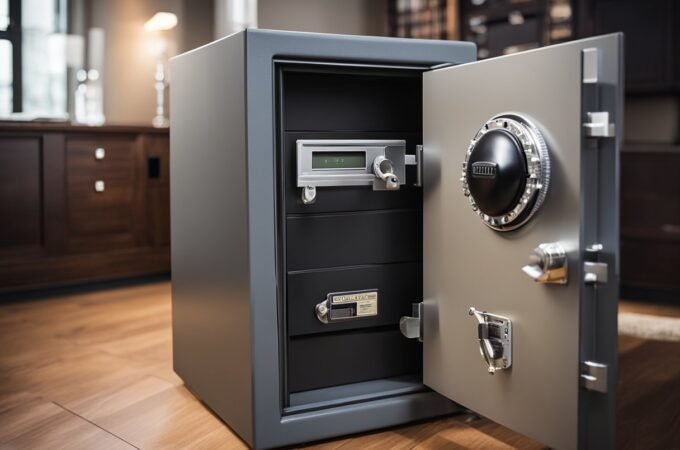
Key Features to Consider When Selecting a Home Security System
The world today is rife with various security concerns, making the need for a robust, efficient home security system ever more paramount. Home security systems provide not only the prerequisite intrusion detection, but also added features including fire alerts, carbon monoxide detection, video surveillance, and much more. However, when considering features in a home security system, it’s vital to opt for a solution that concurs with your specific needs.
In this regard, here are the top five features you should consider when choosing a home security system.
Table of Contents
ToggleEase of Use
When selecting a home security system, prioritizing ease of use is paramount. It should cater to all family members, ensuring even the least tech-savvy can operate it effortlessly. Features like intuitive interfaces, simple controls, and integration with smart devices exemplify elements that elevate user-friendliness, fostering a sense of security and accessibility for everyone in the household.
In addition to ease of use, an effective home security system should seamlessly integrate into your daily routine, minimizing disruptions. It should offer features like automatic activation or deactivation upon arrival or departure, and adjustable settings to accommodate various situations, such as hosting guests. This level of integration enhances convenience and ensures that your security system operates smoothly within the context of your lifestyle, enhancing both safety and comfort.
24/7 Monitoring
A robust home security system should provide continuous, around-the-clock monitoring to maintain the security of your home at all times. This guarantees prompt detection and response to any intrusion or emergencies, offering peace of mind whether you’re present or away from home. This constant vigilance ensures that your home remains protected day and night, enhancing overall safety and security for you and your loved ones.
Security systems can feature a variety of monitoring methods, including professional monitoring services or self-monitoring via smartphones. Whilst professional services ensure a trained team of experts oversees your house’s safety, self-monitoring gives you direct control and updates about your home’s condition through mobile notifications.
Smart Home Integration

As more homeowners adopt smart home technology, the demand for security systems that seamlessly integrate with existing setups grows. Such integration facilitates tasks like automating lighting schedules, intelligently regulating thermostats for energy efficiency, and utilizing voice commands for added convenience. This trend reflects a broader shift towards interconnected home ecosystems, where security systems play a vital role in enhancing both comfort and efficiency.
Integrating smart home technology not only elevates comfort and convenience but also fortifies home security. Automated lighting systems serve as a deterrent to potential intruders, particularly when you’re away from home, enhancing the safety of your property. Additionally, voice-controlled alarm systems offer swift activation in emergency situations, providing peace of mind and ensuring prompt response when needed most. This fusion of convenience and security underscores the transformative impact of smart home integration on modern living..
Wireless or Wired
When selecting a security system, one crucial aspect to consider is whether it’s wireless or wired. Each option comes with its own set of advantages and limitations, making it essential to weigh them against your specific home situation and preferences. Whether you prioritize ease of installation, reliability, or flexibility, understanding the differences between wireless and wired systems is key to making an informed decision tailored to your needs.
Wired security systems often need professional installation, as they require physical connections between control panels, sensors, and the power source. However, they’re typically reliable and less susceptible to outside interference. On the other hand, wireless systems are easier to install, flexible, and can be moved or extended as needed. They are, however, susceptible to signal interference, and their sensors require regular battery replacements.
Cost
Last but certainly not least is the cost of the system. When gauging the financial implications, consider not only the upfront cost of the system itself but also long-term expenses such as installation, monthly monitoring fees, maintenance costs, and potential upgrades.
While securing your home is priceless, it’s important to find a system that offers the best value for money and aligns with your budget. Always scrutinize if pricier security systems offer benefits that match their premium costs and if cheaper options adequately cover your security needs. Furthermore, remember that installing a security system can often qualify you for discounts on home insurance premiums, an opportunity to save money in the long run.
Final Thoughts
When considering features in a home security system, it’s crucial to find a package that aligns with your living situation, convenience, and budget. The system should offer maximum protection without requiring uphill efforts from the users to operate it, and it should integrate well with your lifestyle and other home systems. Research thoroughly, compare different options, and, if possible, consult with security experts to make an informed decision that offers you peace of mind and dependable security at all times.





